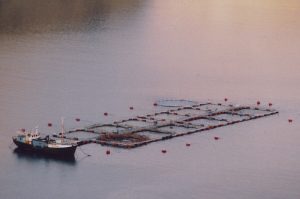
Salmon farm faces legal challenge
A salmon farming operation in north-western Iceland faces a legal challenge, with a demand that permits issued, opening the way to increasing salmon production in Arnarfjörður, should be rescinded.
ANNONCER

A salmon farming operation in north-western Iceland faces a legal challenge, with a demand that permits issued, opening the way to increasing salmon production in Arnarfjörður, should be rescinded.
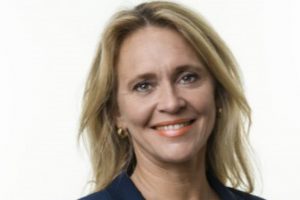
After months of political wrangling since elections were held back in October, a new right-of-centre government takes over in Iceland today.
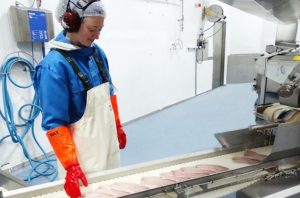
Síldarvinnslan’s three fishmeal plants between them took delivery of 131,460 tonnes of raw material during 2016, a drop over the previous year when the three factories accepted 259,394 tonnes.
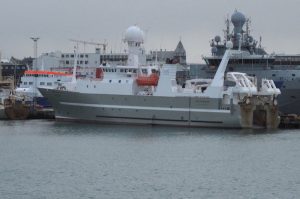
With Iceland’s seamen on strike and negotiations in progress, the Seamen’s Union has rejected a request from the Marine Research Institute for an exemption for research purposes.
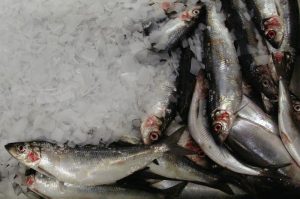
The Icelandic Ministry of Industry and Innovation with responsibility for fisheries has mirrored Norway’s herring quota hike in setting this year’s quotas for Atlanto-Scandian herring and blue whiting.
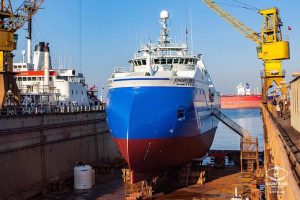
HB Grandi’s new fresher trawler is about to be delivered this week by the Celiktrans yard in Turkey.

Iceland’s National Association of Small Boat Owners (NASBO) has pushed hard for the coastal fishing scheme that was implemented in 2009 to be given more flexibility, and claims that following elections earlier this year, there is a groundswell of support for this.
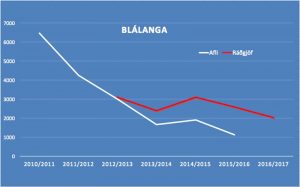
Iceland’s National Association of Small Boat Owners (NASBO) has questioned the authorities on its management of blue ling, which was not a quota species until the 2013-14 quota year, asking why advice has been for significantly higher amounts than have been landed, while management has not been effective in rebuilding this stock.
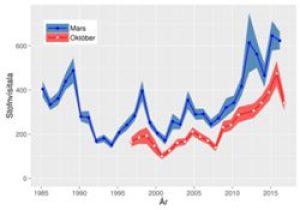
Independent fisheries scientist Jón Kristjánsson has criticised the Icelandic Marine Research Institute and its 20% catch rule.
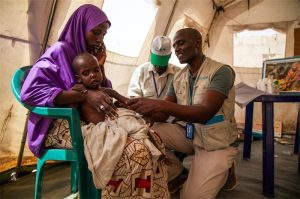
Icelandic fishing and processing company HB Grandi has donated five million ISK (approx. €42,000) to the relief fund currently managed by UNICEF in Iceland to alleviate the humanitarian situation in Nigeria and its neighbouring countries where more than 200 children die each day from malnutrition.
By continuing to use this website, you consent to the use of cookies in accordance with our Cookie Policy.
Accept